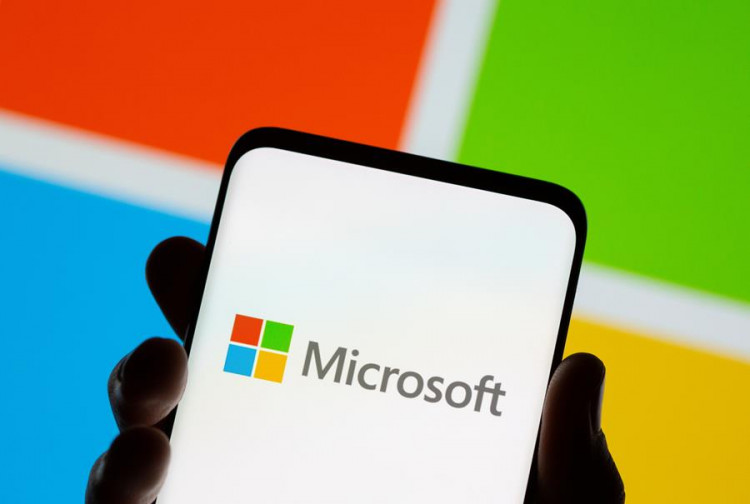In a significant development in the U.S. Justice Department's landmark antitrust case against Alphabet's Google, Microsoft CEO Satya Nadella took the witness stand, offering a critical perspective on Google's mobile search practices. Nadella's testimony provided a unique insight into the tech industry's competitive landscape, especially given Microsoft's own history with antitrust scrutiny.
Nadella highlighted Microsoft's attempts to position its Bing search engine as the default on Apple smartphones, efforts that were ultimately unsuccessful. This revelation underscores the challenges that even tech behemoths like Microsoft face when trying to penetrate a market dominated by Google. The Microsoft CEO was particularly critical of Google's assertion that changing default settings on devices is a straightforward process. Dismissing this claim as "bogus," Nadella emphasized, "Changing defaults today is easiest on Windows and toughest on mobile."
The crux of the government's case against Google revolves around the tech giant's alleged illegal payments, amounting to $10 billion annually, to smartphone manufacturers like Apple and wireless carriers such as AT&T. These payments, the Justice Department contends, ensure that Google remains the default search engine on their devices. With a staggering 90% of the search market under its belt, Google's dominance in search positions it as a formidable player in the lucrative advertising sector, significantly augmenting its profits.
Google's defense strategy has been to attribute its success to the superior quality of its products rather than any illicit activities. The company argues that its prominence in the search market is a testament to its commitment to delivering unparalleled user experiences.
Nadella's testimony is particularly noteworthy given Microsoft's own brush with antitrust litigation in the late 1990s and early 2000s. The lawsuit, which culminated in a 2001 settlement, mandated Microsoft to abandon certain business practices. This legal resolution paved the way for emerging companies like Google to gain a foothold in the tech industry.
Founded in 1998, Google quickly ascended the ranks to become the leading search engine, setting it on a collision course with Microsoft. The two tech giants, with their array of browsers, search engines, email services, and other overlapping products, have been at loggerheads for years. Their rivalry has intensified in recent times, especially in the realm of artificial intelligence. Microsoft's substantial investment in OpenAI stands in contrast to Google's endeavors, including the development of the Bard AI chatbot.
The ongoing trial promises to shed light on the intricate dynamics of the tech industry and could have far-reaching implications for how tech giants operate in an increasingly interconnected digital ecosystem.





